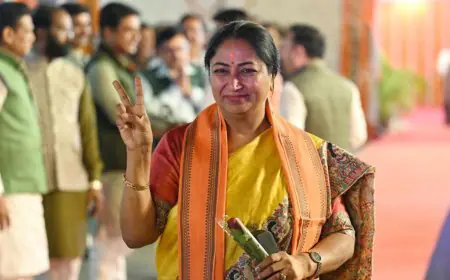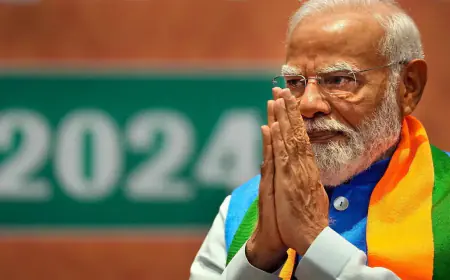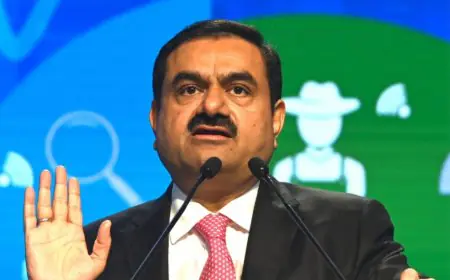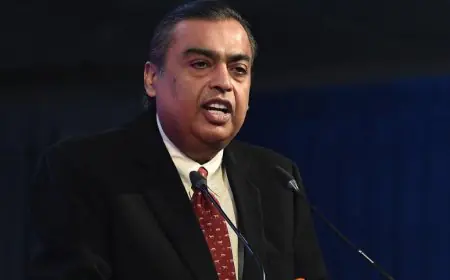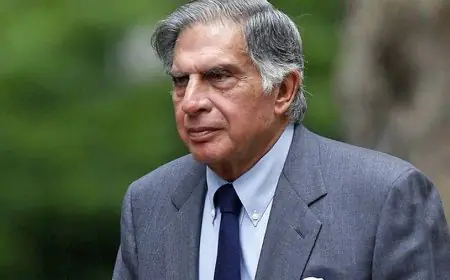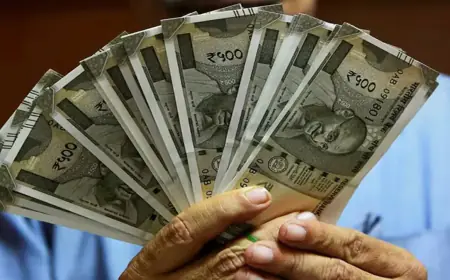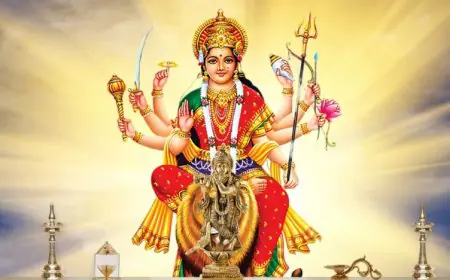Nirmala Sitaraman (Biography)
Her reputation as a woman who brought about great changes in the Indian economy precedes her. Besides she did very well in solving the country’s economic problems during the coronavirus pandemic period.
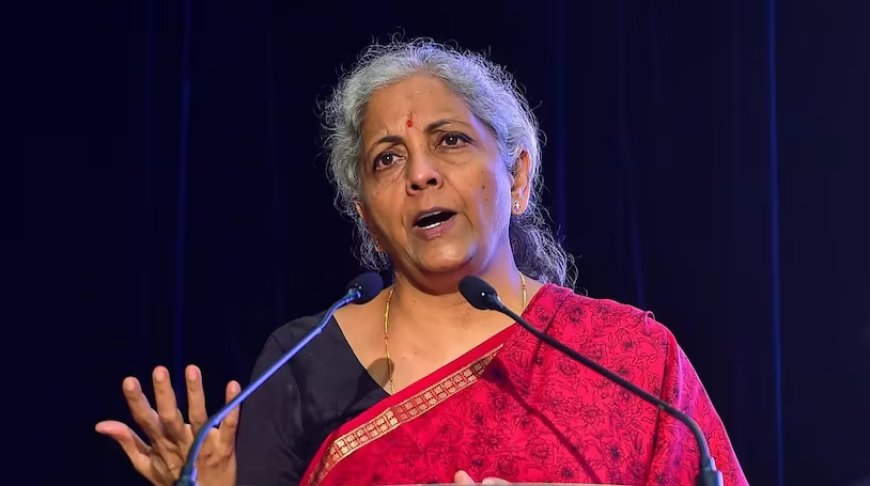
Nirmala Sitharaman has been greatly influential in the economic and political landscape of India where she is an important Indian politician cum economist being the current Finance Minister. She was born on August 18th, 1959 in Madurai; Tamil Nadu where she excelled academically besides being a talented political player ready to serve people`s needs in that capacity.
Early Life and Education
Nirmala Sitharaman grew up in a middle-class family, her father being an employee of the Indian Railways while her mother, a housewife, was passionate about literature; this nurtured a passion for education in Sitharaman. During her early education in Tamil Nadu, she pursued it in different parts finally getting to Seethalakshmi Ramaswami College in Tiruchirapalli where she graduated with a Bachelor’s degree in Economics. Her stay at Jawaharlal Nehru University (JNU) in New Delhi saw her work on an M-Phil as well as an M.Com; M. Phil was not completed due to some unspecified reasons unknown to me. Her time in JNU was characterized by intellectual debates she actively took part in that made her develop an interest in national as well as international economic matters.
Professional Beginnings
After she had finished schooling, Sitharaman worked briefly as an economist’s assistant at the Agricultural Engineers Association in London where she reflected on her early penchant for global economic matters. She has also worked as a senior manager dealing in research and analysis with the Price Waterhouse, as well as with the BBC World Service for a short duration. Her exposure to international platforms gave her a wide view of economic and financial issues, which was very important for her later on in her political career.
Entry into Politics
In 2006, an event was the entrance of Nirmala Sitharaman into Indian politics which made her be associated with Bharatiya Janata Party (BJP). Having brought intellectual depth together with practical experience in the party, her ascending within proved to be meteoric. It was not until 2010 when she was appointed to the position of national spokesperson for BJP and thanks to her eloquent nature this gave her a reputable voice on different political as well as economic matters.
Ministerial Roles and Achievements
Sitharaman’s debut major ministerial role arrived in 2014 after Narendra Modi appointed her as the Minister of State for Commerce and Industry with independent charge. She dedicated her time to improving India’s trade ties with other countries, encouraging Foreign Direct Investment, FDI, as well as making regulatory processes better to allow other global investors to find it more appealing. During her eight years in office, the "Make in India" initiative was among the main policies passed by the government to increase the domestic manufacturing industry in India.
In the year 2017, Sitharaman created history as the first lady Defense Minister of India on a full-time basis. In her capacity as the Defense Minister, she achieved several landmark moments such as settling the Rafale fighter aircraft deal with the state of France and serious emphasis on defense production indigenization. She was instrumental in the formulation of the Indian national security strategy and in guaranteeing the modernization of the armed forces.
Finance Minister of India
Nirmala Sitharaman became the Finance Minister of India in 2019, being the first woman to pick that position after Indira Gandhi who had momentarily served as the Prime Minister and held the finance portfolio once. When the Indian economy was grappling with various challenges such as deteriorating growth, growing joblessness levels as well a non-performing assets-laden banking sector, she was appointed the minister.
Sitharaman is a Finance Minister who has led many major economic reforms in various capacities.’ She presented her first Union Budget in July 2019. She announced measures to lift infrastructural facilities; facilitate business operations and improve social welfare among other things.’ She lowered corporate taxes below the levels that Europe or America provides to encourage investments as well as boost economic development (Source).
The coronavirus pandemic affected the economy during Sitharaman’s time. In response to this never witnessed before the economic crisis, Sitharaman launched several relief packages under the Atmanirbhar Bharat scheme which particularly focussed on the SMEs, agriculture sector, and health care. The list of measures consists of direct cash transfers, credit guarantees, and initiatives aimed at fostering more private-sector involvement in major sectors.
Challenges and Criticisms
Having many achievements notwithstanding, Nirmala Sitharaman has come under strong criticisms and several obstacles during her tenure. Her slow pace of economic recovery, failure to implement certain economic policies appropriately, and management of public sector banks’ non-performing assets are some of the issues her critics have brought up. There has also been a big row because of the government’s stand on controversial matters like demonetization and the Goods and Services Tax (GST).
Despite this, the approach of Sitharaman has not changed. She often emphasizes the need for structural reforms that can help to solve long-term economic issues. Her response to criticism is practical and processed to show how well she understands the complexities involved in making economic policies.
Personal Life and Legacy
Nirmala Sitharaman is married happily to Professor Parakala Prabhakar, he is a high-profile economist as well as a political commentator. The couple has a daughter. Despite her demanding career, Sitharaman has maintained a balance between her professional and personal life, often speaking about the importance of family support in her journey.
Nobody can dispute her legacy as being a groundbreaker for women in Indian politics and governance realms. By breaking various glass ceilings, she has shown that hard work and determination are stronger than inherited gender stereotypes. Transitioning from an economist to the Minister of Finance in the largest democracy globally is proof of her resilience, brilliance, and commitment to serving her country.
Conclusion
Nirmala Sitharaman was born into a family that had come from very humble beginnings before making it good through her efforts and determination. In the face of the many challenges she faced both academically and in her early public service career, she always emerged victorious. While leading the nation’s finances, however, it is clear that whatever she does from here on will influence the long-term good of the nation.
What's Your Reaction?







